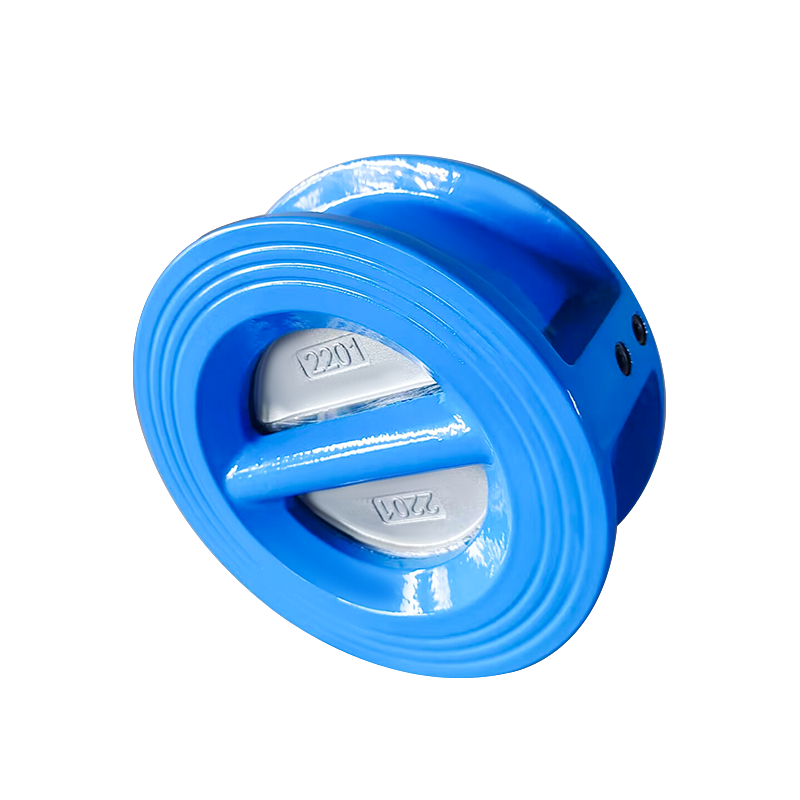
- Call Us
- +8618633052223
- njhdvlz@163.com
Oct . 21, 2024 14:17 Back to list
Check Valve Options for Drain Line Solutions from Leading Manufacturers
Understanding Check Valves for Drain Lines The Manufacturer's Perspective
When it comes to managing water flow in various applications, check valves play a crucial role, especially in drain lines. These devices ensure that fluids flow in one direction, preventing backflow that could lead to contamination or damage. Manufacturers of check valves focus on designing products that are reliable, durable, and cost-effective, catering to a myriad of industries including plumbing, civil engineering, and municipal sewage systems.
What is a Check Valve?
A check valve, often referred to as a non-return valve, is a mechanical device that allows fluid to flow in one direction while preventing reverse flow. This is particularly important in drain lines, where the risk of wastewater flowing back into clean water systems can pose serious public health issues. The design typically includes a valve body with a movable disc or ball that opens when fluid flows in the intended direction and closes when reverse flow occurs.
Importance in Drain Lines
In drainage systems, check valves are indispensable. They help maintain the integrity of the system by ensuring that waste does not return to non-target areas. This aspect is critical in applications such as
1. Residential Plumbing Check valves prevent wastewater from backing up into the home, protecting sanitary fixtures from potential contamination. 2. Municipal Stormwater Management These valves help control the flow of stormwater and prevent backflow into streets and property during heavy rainfall. 3. Industrial Applications In factories where chemicals are used, check valves can prevent hazardous substances from contaminating water supplies.
Design and Material Considerations
Manufacturers of check valves for drain lines pay close attention to the materials used in construction. Common materials include
- Brass Known for its durability and corrosion resistance, brass is often used in residential check valves. - PVC Lightweight and resistant to chemicals, PVC is a popular choice for drainage systems in various industrial applications. - Stainless Steel This material is ideal for high-pressure environments and is often used in wastewater treatment facilities.
check valve for drain line manufacturer

The design of the valve must also cater to the specific application. Some designs include spring-loaded mechanisms to ensure that the valve closes promptly after the fluid flow stops, while others rely on the weight of the valve’s components to seal.
Quality Control and Testing
Manufacturers adhere to strict quality control measures to ensure that their check valves perform reliably. This involves rigorous testing to simulate real-world conditions. Factors like pressure, temperature, and flow rate are evaluated to ensure the valve functions as intended under different scenarios.
Certification by relevant industry standards, such as ISO or ASTM, is also crucial. These certifications assure customers that the products meet specific performance levels and safety requirements.
Installation and Maintenance
For a check valve to function effectively within a drain line, proper installation is essential. Users should follow the manufacturer's specifications regarding orientation and secure fitting. Many manufacturers provide guidelines and even installation services to ensure that their products are fitted correctly.
While check valves are generally low maintenance, periodic inspection is advisable. This is particularly true in environments where debris or corrosive substances may affect the valve's performance. The manufacturer usually provides maintenance recommendations, including how to clean or replace components if necessary.
Conclusion
In summary, check valves are vital components in drain lines, providing crucial protection against backflow and contamination. Manufacturers play a key role in ensuring that these devices are designed for durability, efficiency, and effectiveness across various applications. By focusing on quality materials, precise design, and rigorous testing, they help maintain the integrity of plumbing and drainage systems, ultimately ensuring public health and safety. As technology evolves, the future of check valve manufacturing looks promising, with innovations aimed at enhancing performance and reducing costs for end-users.
-
High-Quality PTFE Check Valve Manufacturer Reliable PTFE Check Valve Suppliers & Factories
NewsJul.08,2025
-
Techno Check Valve - Reliable Flow Control Solutions from Leading Manufacturer and Suppliers
NewsJul.08,2025
-
Butterfly Valve 65mm Price - Reliable Factory Supplier & Exporter
NewsJul.07,2025
-
High-Quality Unloader Check Valve Reliable Manufacturer & Suppliers
NewsJul.07,2025
-
High-Quality Siphon Check Valve – Reliable Exporters & Trusted Supplier Factory
NewsJul.06,2025
-
PN 20 Butterfly Valve – High Performance Valve Solutions Reliable Manufacturers & Suppliers
NewsJul.06,2025